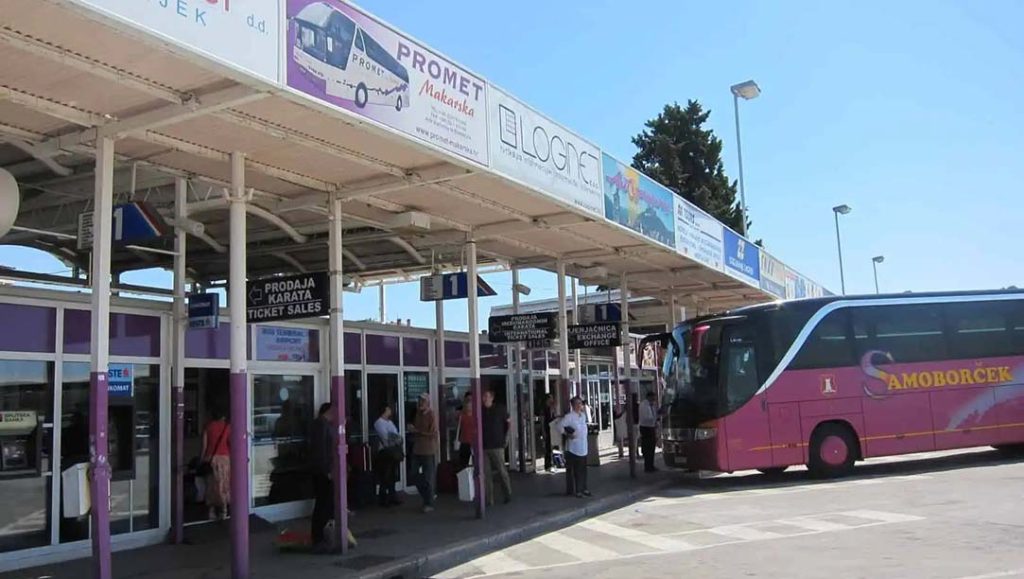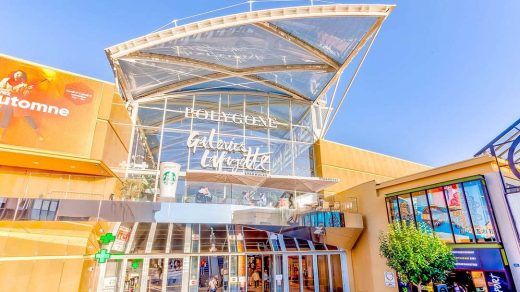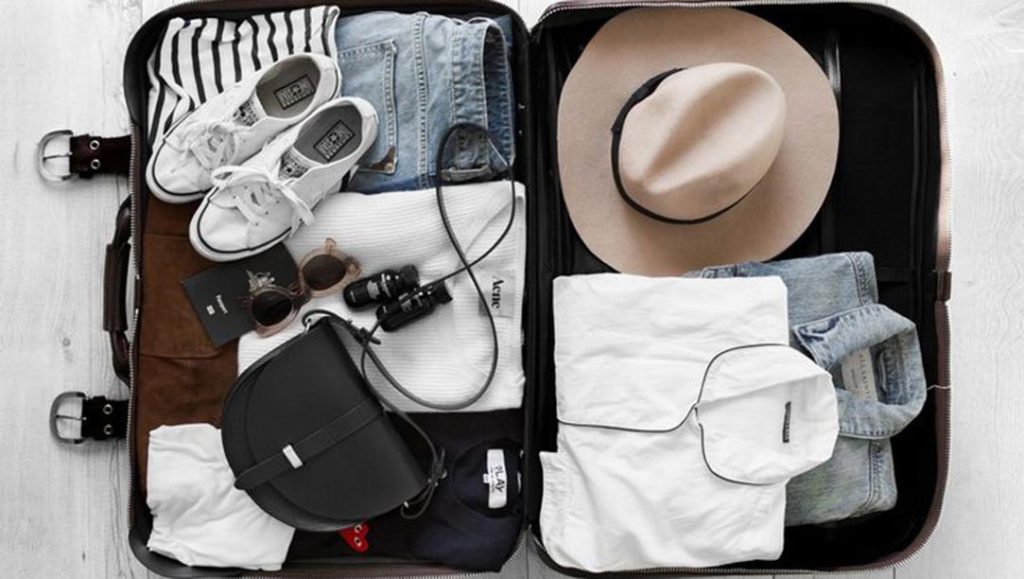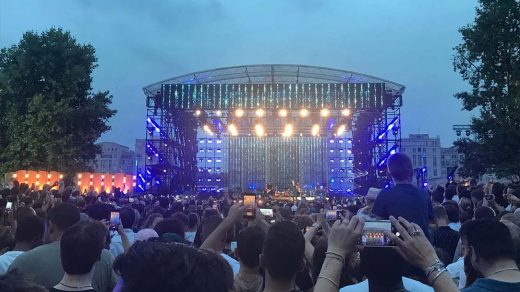Packing Essentials
When preparing for your Croatian adventure, ensure to pack essential items:
- Travel Necessities:
Passport:
Your passport is the fundamental travel document. Before departing, ensure it is valid for at least six months beyond your planned return date. Make photocopies of your passport’s identification page as a precautionary measure against loss or theft. Additionally, consider storing digital copies in secure cloud storage.
Travel Insurance:
Obtaining comprehensive travel insurance is vital. It provides coverage for unforeseen situations like trip cancellations, medical emergencies, lost luggage, and other travel-related contingencies. Review the policy to understand the coverage it offers and carry a copy of the insurance details with you.
Printed Itineraries:
Printed copies of your travel itinerary, including flight details, accommodation reservations, tours, and contact information, are invaluable. They serve as handy references, especially in areas with limited internet access or when electronic devices are unavailable.

Electronic Devices:
Essential electronic gadgets include:
- Smartphone: It’s a versatile tool for navigation, communication, and accessing travel apps.
- Camera: Capture the stunning Croatian landscapes and memorable moments.
- Laptop or Tablet: If necessary, for work, entertainment, or trip planning.
- E-book Reader: Ideal for reading during leisure time or while traveling.
Chargers and Adapters:
Ensure you pack chargers for all electronic devices and the appropriate adapters for Croatian power outlets. Croatia typically uses the European standard Type C and Type F sockets, with a voltage of 230V and a frequency of 50Hz.
Portable Power Bank:
Carry a portable power bank to recharge your devices while on the go, especially during day trips or extended outings where access to power sockets might be limited.
Travel Wallet or Organizer:
A secure travel wallet or organizer keeps important documents like your passport, travel insurance papers, boarding passes, credit cards, and currency in one place, ensuring easy access and safeguarding them against loss.
- Clothing Tips: Lightweight clothing for the summer, layers for cooler weather, comfortable walking shoes, swimwear, and a waterproof jacket.
Weather and Local Culture
Understanding Croatia’s climate and culture is crucial:
Weather Overview
Mediterranean Climate:
Croatia boasts a Mediterranean climate, characterized by distinct seasons:
- Summers: Typically hot and dry, especially along the coastline. Temperatures often soar above 30°C (86°F), making it perfect for beach activities and coastal exploration.
- Winters: Relatively mild, especially in the coastal regions. Temperatures hover around 5-10°C (41-50°F), making it a pleasant time to explore cities, historical sites, and national parks without the crowds.
Local Forecasts:
Before your trip, check local weather forecasts and updates regularly. This practice helps in planning activities, selecting appropriate clothing, and ensuring your safety, especially if you’re exploring outdoor attractions or engaging in water-based activities.
Cultural Etiquette
Respect for Local Customs:
When in Croatia, it’s essential to respect local customs and traditions:
- Greetings: Start conversations with a polite greeting like “Dobro jutro” (Good morning), “Dobar dan” (Good day), or “Dobra večer” (Good evening) based on the time of day.
- Modest Clothing: When visiting religious sites, such as churches or monasteries, dress modestly. Wear clothing that covers shoulders and knees out of respect for the religious significance of these places.
Embrace Croatian Hospitality:
Croatians are known for their warm and hospitable nature. Embrace their warmth by reciprocating greetings, showing interest in local culture, and engaging in conversations with locals. It’s common to engage in small talk and appreciate their rich heritage, food, and traditions.
Courtesy and Politeness:
Courtesy is highly valued in Croatian culture. Use “molim” (please) and “hvala” (thank you) when interacting with locals. These simple phrases go a long way in showcasing politeness and appreciation for their hospitality.
Travel Equipment
Pack these essential items for a smooth trip:
Essential Gear
Camera:
A camera is indispensable for capturing Croatia’s stunning landscapes, historical sites, and vibrant culture. From coastal vistas to ancient architecture, having a camera handy ensures you capture memorable moments throughout your journey.
Sunscreen:
Given Croatia’s sunny climate, especially during summers, sunscreen is a must. Protect your skin from UV rays, particularly if you plan to spend time outdoors exploring beaches, national parks, or historical sites.
Reusable Water Bottle:
Staying hydrated is crucial, especially when exploring Croatia’s attractions. Carry a reusable water bottle to refill at water fountains, restaurants, or accommodations, minimizing plastic waste and ensuring you have access to water throughout the day.
Daypack:
A daypack is convenient for carrying essentials during day trips, hikes, or city explorations. Choose a lightweight and comfortable pack to hold items like sunscreen, water, snacks, maps, and a camera, keeping your hands free while on the move.
Universal Travel Adapter:
Ensure you have a universal travel adapter compatible with Croatia’s Type C and Type F sockets. This versatile adapter allows you to charge your electronic devices, ensuring they stay powered throughout your trip.

Currency Exchange
Utilizing ATMs:
ATMs offer a convenient and often cost-effective way to obtain local currency (Kuna) when in Croatia. They usually provide competitive exchange rates compared to traditional currency exchange offices. However, be aware of potential ATM fees imposed by your home bank for international withdrawals.
Local Currency Use:
Kuna is the official currency in Croatia. While some establishments accept euros or credit cards, having local currency on hand for small purchases, markets, or transactions in rural areas can be beneficial.
Exchange Offices:
Though ATMs generally offer better rates, if you prefer exchanging cash, consider reputable exchange offices or banks. Compare rates and be cautious of hidden fees or unfavorable exchange rates in tourist-heavy areas.
Public Transportation
Navigating Croatia’s transport system efficiently:
Metro Usage
Cities with Metro Systems:
While Croatia doesn’t have an extensive metro network, Zagreb, the capital city, boasts an efficient urban rail system known as the Zagreb Metro. It covers major areas within the city, providing a convenient mode of transport.
Day Passes and Tickets:
For travelers exploring Zagreb, consider purchasing a Zagreb Card or daily tickets for unlimited rides on trams and buses within the city. These passes offer flexibility and can be cost-effective for those planning to use public transportation frequently during their stay.
Transport Modes
Metros:
Apart from Zagreb, other cities might not have a full-fledged metro system. Instead, they rely on an extensive network of buses and trams that efficiently connect different neighborhoods and suburbs.
Buses and Trams:
Buses and trams are the primary modes of public transport in most Croatian cities, providing reliable services. They operate frequently and cover various routes, making them convenient for getting around within urban areas.
Taxis:
Taxis are available in cities and are suitable for shorter distances or when traveling with luggage. However, they tend to be more expensive compared to buses and trams. Ensure the taxi meter is used or negotiate a fare before the journey begins.
Tips for Efficient Travel
Route Planning:
Plan your routes in advance using transportation apps or city maps. Be mindful of schedules, as public transport might have different timetables during weekends or holidays.
Ticket Purchase:
Purchase tickets from kiosks, vending machines, or at public transport stations. Validate tickets upon boarding buses or trams to avoid fines.
Cost-Effectiveness:
For longer distances between cities, consider inter-city buses or trains, which might offer more comfort and cost-effectiveness compared to taxis or private transfers.
Street Food and Safety
Savor Croatia’s local delights while staying safe:
- Popular Street Eats: Try local favorites such as “ćevapi” and fresh seafood from reputable vendors.
- Safety Tips: Prioritize hygiene; opt for clean and well-maintained food stalls.
Local SIM Card and Itinerary Planning
Staying connected and making the most of your trip:
- Getting a Local SIM: Purchase a local SIM card for reliable internet access and communication.
- 5-Day Itinerary: Plan a diverse itinerary covering Dubrovnik, Split, Plitvice Lakes, and Zagreb for a comprehensive Croatian experience.
Budget Adjustments and Day Trips
Managing expenses and exploring beyond the cities:
- Budgeting Advice: Eat at local taverns for authentic and affordable meals; allocate funds for day trips and souvenirs.
- Day Trips: Consider excursions to neighboring islands, national parks, or historical towns for diverse experiences.
Travel Insurance and Personal Experience
Ensuring safety and sharing personal insights:
- Travel Insurance: Prioritize obtaining travel insurance for unforeseen circumstances.
- Personal Insights: Share memorable experiences, like witnessing the stunning Zadar sunset or exploring hidden alleys in Dubrovnik.
This guide provides comprehensive advice for exploring Croatia, from packing essentials to cultural etiquette and itinerary suggestions. Tailor these tips to your preferences and experiences for an enriching adventure in Croatia!



